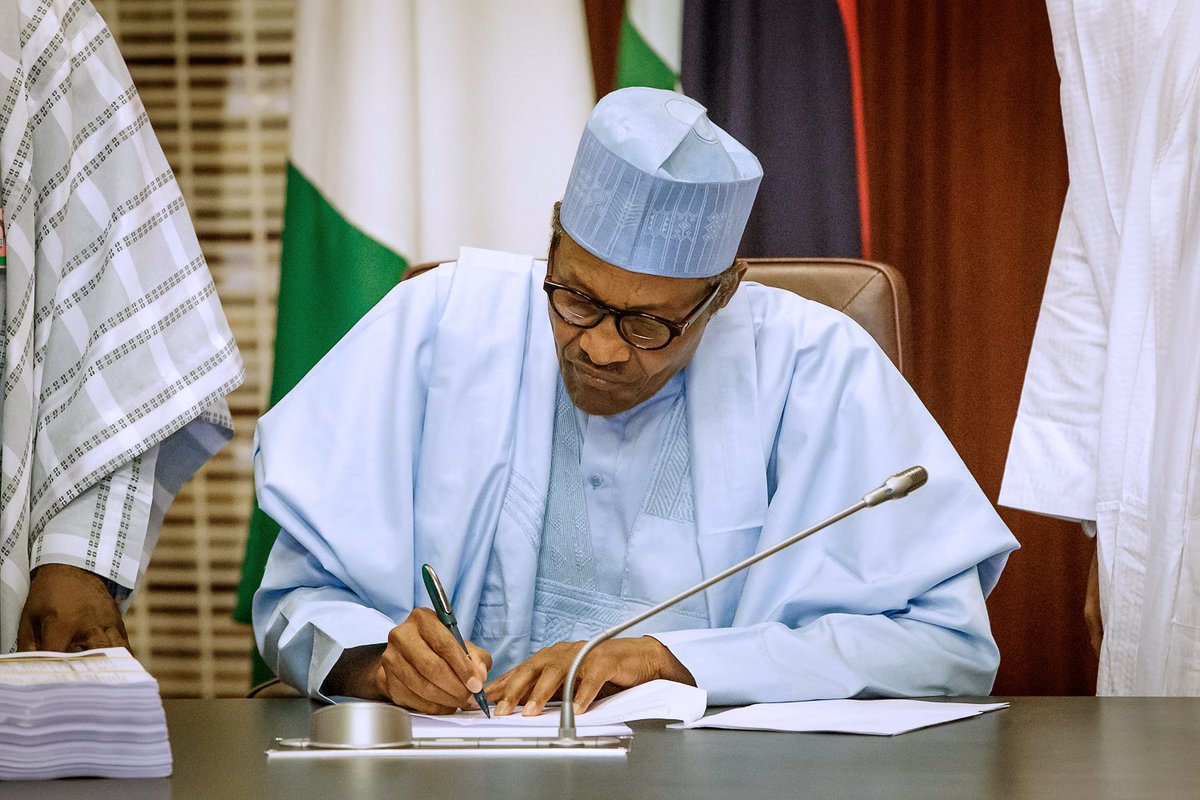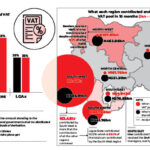Eleven major civil society organizations (CSOs) across the country have urged President Muhammadu Buhari to save the country from global embarrassment and possible ban by assenting to the Companies and Allied Matters Act (CAMA) Repeal Bill, passed by the 8th Assembly and now before him.
The organisations are the Civil Society Legislative Advocacy Centre (CISLAC), African Center for Leadership and Strategic Development (ACLSD), Zero Corruption Coalition (ZCC), Center for Information Technology and Development (CITAD), SOTU-Nigeria, National Procurement Watch Platform (NPWP), African Center for Media and Information Literacy (AFRICMIL), Open Alliance, BudgiT, Women’s Rights and Protection Alternative (WRAPA) and Center for Democracy and Development (CDD).
The Executive Director, CISLAC, Auwal Musa Rafsanjani, who spoke on behalf of others in Abuja, recalled that President Buhari had made commitments to strengthen anti-corruption reforms and join the Open Government Partnership (OGP) in May 2016 during the Anti-Corruption Summit in London in a bid to deepen institutional and policy reforms.
He said Nigeria had one week to sign the CAMA into law, adding that the country will face embarrassment, a decade of work will be lost and diplomatic, economic and reputations damage will be inflicted on the country if the bill was not signed urgently.
“This legislative framework will provide a legal foundation for the implementation of Beneficial Ownership disclosure.
“If signed into law by President Buhari, it will lead to the establishment of the electronic web-based open Beneficial Ownership register in Nigeria.
“The ultimate goal is the establishment of comprehensive database of real owners behind the management of private companies operating within Nigerian jurisdiction,” Rafsanjani said.
He said that while legitimate corporate businesses had an integral role in national development, the involvement of Politically Exposed Persons (PEPs), who conceal corruptly acquired wealth through the complex networks of companies deliberately created to hide their identities, has further increased the risks they pose to non-fortified economies.

 Join Daily Trust WhatsApp Community For Quick Access To News and Happenings Around You.
Join Daily Trust WhatsApp Community For Quick Access To News and Happenings Around You.


